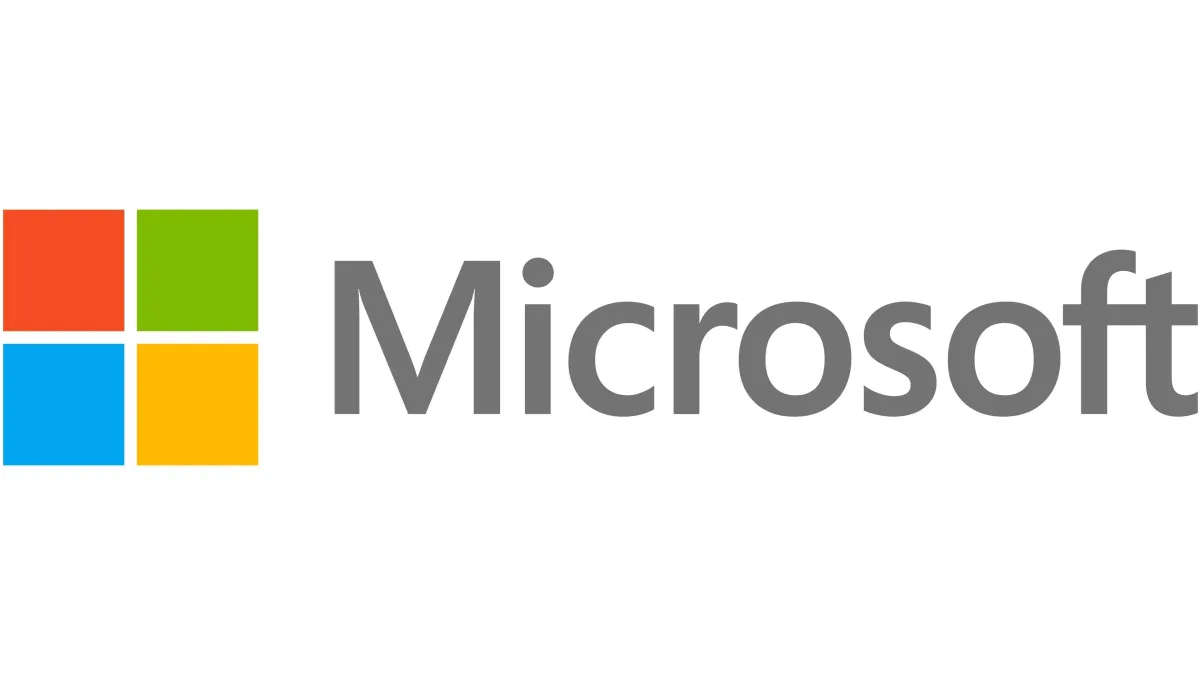Checkout Our Blog Articles

3 Strategies for a Secure Healthcare Marketing Approach
Click Here To Try Our Conversational Voice AI 🤖
IntroductionIf you’ve spent a significant amount of time working within a healthcare practice, you’re undoubtedly familiar with the Health Insurance Portability and Accountability Act, commonly referred to as HIPAA. However, have you contemplated the potential intersection between your marketing endeavors and the principles of HIPAA?
The Importance of Caution
It’s likely you already appreciate the importance of exercising caution when integrating patient testimonials or images into your marketing materials. Ensuring you possess the appropriate documentation authorizing the utilization of patient-specific details is vital in these instances.
Yet, the scope of HIPAA concerns related to marketing extends beyond these considerations. In reality, violations of HIPAA regulations are more prone to transpire in connection with the methodologies you employ to amass and safeguard data generated by your marketing campaigns.
Potential HIPAA Pitfall #1: Your Website
In the present landscape, healthcare websites are among the most prominent sources of apprehension concerning HIPAA compliance within marketing efforts.
Pause to consider the multitude of sections on your website that solicit information from patients or even potential patients. Should your website encompass a contact form, event registration, payment portal, chat functionality, or any other mode of interaction, there’s a likelihood you’re collecting patient data that falls under HIPAA protection.
Even in scenarios where a patient doesn’t explicitly disclose specific medical issues or conditions, their data may still be classified as Protected Health Information (PHI). For instance, registering for an event related to a bariatrics class implies a potential health concern, even if the information provided seems routine.
Safeguarding Measures
When compiling patient data through your website, several crucial factors warrant consideration:
Is the data being transmitted through a secure, encrypted channel?
Who is the intended recipient of this information, and who might potentially access it?
Does the data find storage within a location or on a server compliant with HIPAA standards?
Merely fortifying this data with a password falls short of meeting the rigorous criteria set forth by HIPAA. Additional measures are indispensable. It’s prudent to consult your website hosting provider to assess server security, limit access to authorized personnel exclusively, and institute a mechanism to purge data once its relevance wanes.
Potential HIPAA Pitfall #2: Diverse Data Collection Tools
When broaching the subject of HIPAA, it’s crucial to extend contemplation to the assortment of marketing tools employed for measurement and enhancement purposes. This repertoire might encompass:
Digital analytics platforms
Customer relationship management (CRM) systems
Website user experience (UX) tools
Patient or website surveys
Lead tracking tools, such as form builders or call tracking mechanisms
Google Analytics typically adheres to sound practices by amalgamating and de-identifying data directed into the platform. Nevertheless, circumspection is warranted when transmitting additional data or uploading customer lists. Such actions could potentially run afoul of HIPAA provisions and also contravene Google’s rigorous usage guidelines.
Optimal Tool Selection
In the case of other tools, it’s imperative to gauge the nature of information they accumulate and whether this data qualifies as PHI. For instance, a heatmapping tool that aggregates data from numerous website visitors to discern general trends is generally unproblematic. Conversely, session recording tools that trace an individual user’s website interactions might necessitate heightened scrutiny.
Opting for tools explicitly designed for healthcare, especially those boasting HIPAA-compliant features, constitutes a prudent decision. Thoroughly evaluate how patient data is managed by these tools, and contemplate formalizing the arrangement through the execution of a business associate agreement (BAA) with the provider.
Potential HIPAA Pitfall #3: Lead Generation and Data Privacy
The ultimate objective of healthcare marketing lies in establishing a direct correlation with the bottom line—are more patients seeking services and procedures? Is the return on investment from your marketing initiatives evident?
Frequently, unraveling the statistics concerning patients attracted through your marketing endeavors and correlating these with your marketing budget necessitates a collaborative endeavor. This kind of dialogue and data analysis is integral to a genuinely strategic marketing initiative. However, it calls for candid discussions concerning patient leads.
Ensuring Compliance
If you’re engaged in assessing patient phone calls, appointment requests, or form submissions with your marketing agency, or if you’re engaging in discussions centered around this data during meetings, it’s judicious to ensure that your marketing agency possesses a robust understanding of HIPAA compliance. This facilitates their active participation in safeguarding the confidentiality of your patients’ private information.
Data that might not overtly warrant protection, such as a name and phone number, can indeed qualify as PHI, even if it doesn’t find its way into a patient record. The synergy between an adept marketing agency and your internal marketing team holds the potential to elevate your marketing strategy. However, this symbiotic relationship hinges on a comprehensive grasp of HIPAA regulations.
Collaboration and Protection
Through collaboration with a marketing agency fully aligned with HIPAA compliance and by establishing a BAA between your respective entities, you’re effectively bolstering patient safeguards and shielding your organization by delineating roles and responsibilities in the event of potential breaches.
In Conclusion
HIPAA regulations encapsulate intricate nuances, especially as they pertain to the digital realm and marketing initiatives. We wholeheartedly recommend that all our clients establish a rapport with legal counsel or an internal compliance specialist, if available, to navigate this multifaceted landscape.
Given the challenges associated with keeping pace with a spectrum of information and an array of acronyms, forging an alliance with a marketing partner well-versed in HIPAA intricacies can be exceedingly advantageous. In the present global milieu, safeguarding online consumer privacy and data security has evolved into a more fortified and regulated domain. However, the stakes for healthcare organizations are substantially higher—both in terms of potential HIPAA violation penalties and the erosion of patient confidence.
Here at MS3IT Business Solution, our seasoned team of digital marketers possesses an astute understanding of HIPAA compliance. We stand ready to collaborate with you in devising a strategy that not only yields substantive returns on your marketing investments but also guarantees the security of patient data.
As a HIPAA-compliant sales & marketing platform, our commitment lies in ensuring your marketing undertakings remain efficacious and secure. Eager to delve deeper? Initiating contact with us is a seamless process.
Bringing Business Automation To Everyone
Starting at only $97/month
We Partner With





Office: 1009 Stadium Dr. Ste 108
Wake Forest, NC 27587
Call 919-780-4373
Email:[email protected]
Site: www.ms3it.com


